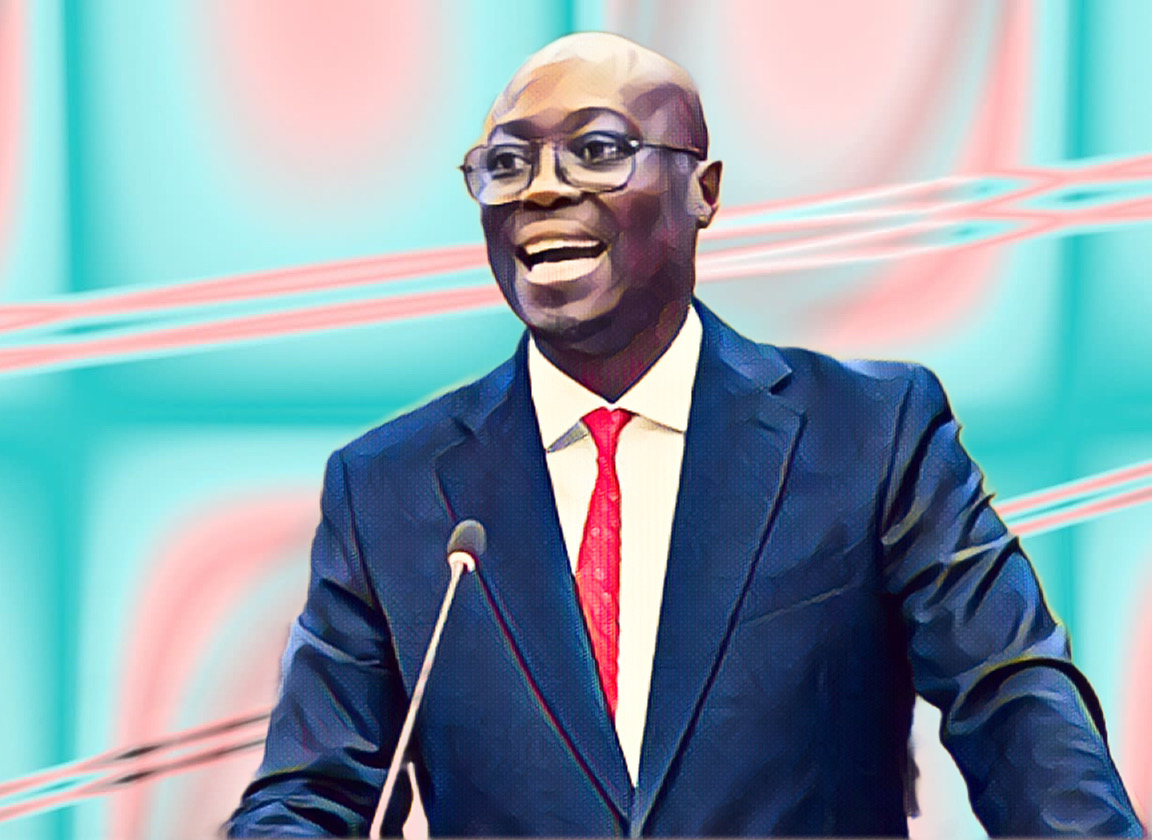KEY POINTS
- Ghana’s 2026 budget focuses on stability and growth.
- Revenue reforms aim to boost fiscal sustainability.
- Spending protects social sectors and job creation initiatives.
Today, Ghana’s Finance Minister, Dr. Cassiel Ato Forson, will present the 2026 Budget Statement and Economic Policy to Parliament.
The government needs the budget right now because it is seeking to boost a poor economic recovery. Many Ghanaians consider the activity as a tool to check the country’s direction and the validity of its budget.
Dr. Forson should focus on three key goals: keeping things stable, increasing revenue, and encouraging progress that includes everyone. Experts anticipate that the minister will stress setting realistic goals for growth, inflation, and the budget deficit.
The presentation will show whether Ghana can keep up its recent progress in controlling inflation and the value of its currency.
New ways to make money and new ways to spend money on social programs
Getting money into the government’s hands is still a big problem. Instead of raising taxes across the board, the minister may suggest changes to the way the government works, digital taxes, and better compliance.
Dr. Forson is anticipated to protect funding for education, health, and social welfare when it comes to expenditure.
Small and medium-sized businesses, manufacturing, and agriculture will be the main areas of job growth, along with infrastructure initiatives.
Investors will look for a debt plan that is in line with IMF program criteria and will help keep the deficit under control without borrowing too much. Families will look for ways to get help, such subsidies or social services.
Businesses want tax policies that are easy to understand and access to borrowing that is cheap. Dr. Forson needs to show both what is real and how he or she is responding to what the public wants for the budget to work.




